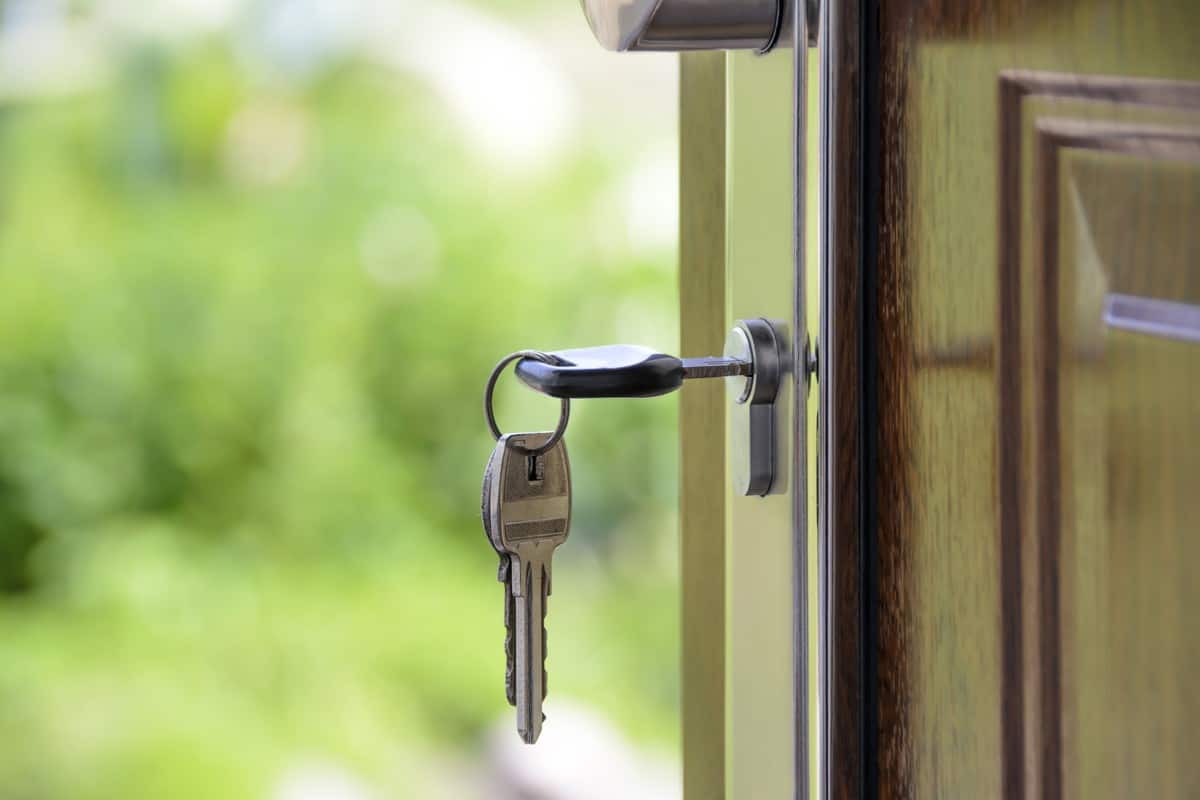Buying a house is a cornerstone of the American Dream. But, the extra expense of private mortgage insurance can crush those hopes, or at least put them further out of reach.
Private mortgage insurance – known as PMI – is an extra fee that some borrowers must pay as part of securing a home loan. Traditionally, many mortgage lenders have required PMI if you make a smaller down payment – usually less than 20% of the purchase price. Fail to come up with that 20%, and PMI enters the discussion.
Lenders use PMI to protect themselves in case you fail to make your mortgage payments. Unlike most other forms of insurance a consumer buys, PMI does not necessarily protect the consumer, it protects the lender.
Mortgage insurance is standard for many conventional loans and is required on all Federal Housing Administration (FHA) loans. Insurance companies sell PMI directly, although the lender offering the conventional loan usually arranges PMI coverage for the homebuyer.
In the case of FHA loans, all mortgage insurance premiums are paid directly to the FHA and can be included in the financing process.
How PMI Works
Traditionally, lenders expect buyers to make a 20% down payment when securing a home mortgage. For example, if you’re buying a home for $250,000, that would mean a $50,000 down payment.
However, some buyers have trouble meeting this threshold. In that case, the lender likely will require that PMI be added to the loan. This cost is often included in your monthly mortgage payment.
In other cases, you’ll either pay a one-time fee when you close on the loan or your loan amount might require some combination of an upfront payment and a monthly private mortgage insurance premium.
You can find out how much PMI you’ll pay – and how you’ll pay it – on your loan estimate form. You can discuss and possibly negotiate the PMI terms with your lender, just like other loan conditions.
Is It Possible to Avoid PMI?
Unless you can make a significant down payment – usually 20% of the home’s purchase price – it’s hard to avoid PMI.
PMI will increase the size of your overall monthly mortgage obligation, so carefully weigh whether PMI is right for you. Some borrowers decide that it makes more sense to wait to buy a home until after they can come up with a 20% down payment.
If you can’t make a large down payment, you still may be able to negotiate avoiding PMI. For instance, a lender might agree to skip the PMI requirement if you pay a higher monthly interest rate.
If you or your spouse has served the country, you may be able to take out a loan through Veteran’s Affairs (VA), which usually does not require a down payment or mortgage insurance.
Getting Rid of PMI
If you have to pay mortgage insurance, consider improving your credit score before buying a house.
“PMI is affected by credit scores,” says Nicole Smith, vice president of national sales for home lending for Flagstar Bank.
Smith says. “The lower the score, the higher the PMI cost is. So, consumers who want to pay less for PMI should work on raising their credit score.”
Also, know that even if you agree to a loan that requires PMI, you might not be stuck paying for the coverage forever.
Ways to cancel PMI
The federal Homeowners Protection Act lets you cancel PMI under certain circumstances. For example, you can request that your loan servicer drop PMI when the principal balance of your mortgage falls to 80% of the home’s original value.
In this case, “original value” usually means the contract sales price or the appraised value of your home at the time of purchase, whichever is less. This type of request must be in writing in order to be valid. You also must be current on your mortgage payments and have a history of on-time payments.
The lender has rights too. It can require proof that you don’t have a second mortgage on the property and might require an appraisal showing the value of your property hasn’t declined since you bought the home.
A second way to cancel PMI is to have it automatically dropped on your behalf. Under federal law (Homeowners Protection Act), your loan servicer must automatically cancel your PMI on the date when your principal balance is scheduled to reach 78% of the original value of your home. Your mortgage payments must be up to date for this termination to occur. You’ll still need to make the request in writing and potentially provide documentation.



